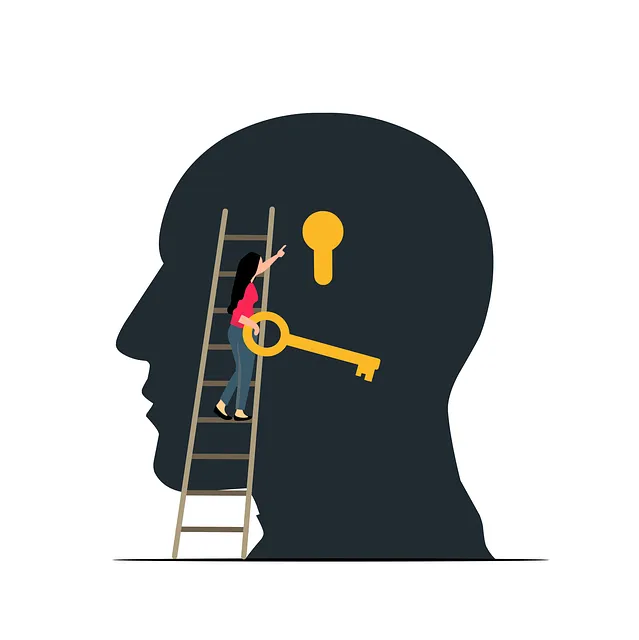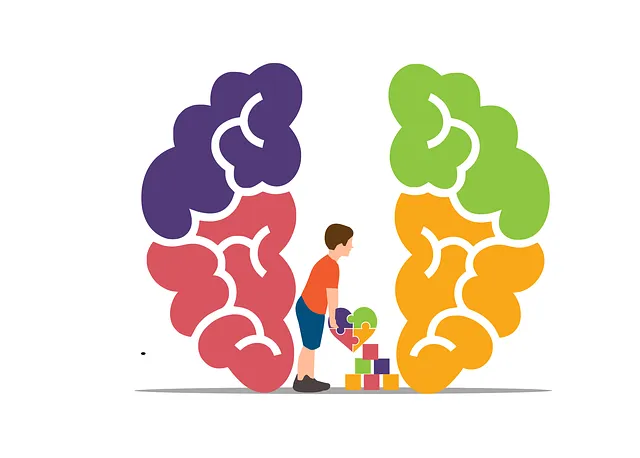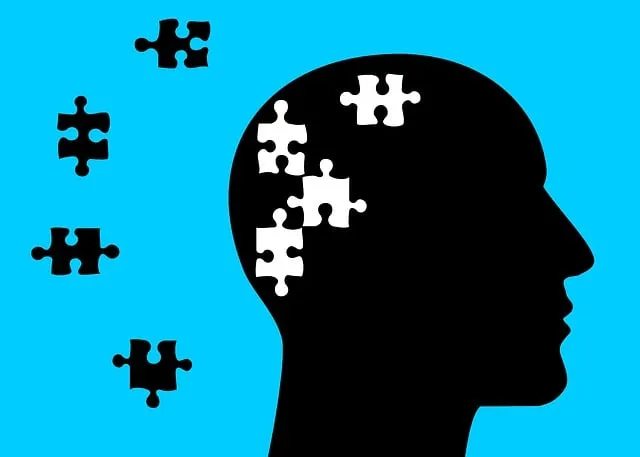Littleton Kaiser Permanente mental health services offer diverse support tailored to urban and suburban challenges, focusing on burnout prevention through journaling and conflict resolution. Innovative apps cater to individual needs, integrating CBT, MBSR, and ACT therapies for accessible mental health care. Privacy, security, and ethical considerations are paramount, ensuring responsible technology use in empowering users with digital therapeutic interventions.
In today’s digital age, mental wellness apps are transforming healthcare, especially within institutions like Littleton Kaiser Permanente. This article explores the development of such apps, focusing on understanding local mental health needs in Littleton. We delve into designing user-centric experiences, integrating evidence-based therapies, and addressing critical privacy, security, and ethical concerns. By leveraging technology, these apps aim to enhance access to mental health services, providing support tailored to the unique requirements of the Littleton Kaiser Permanente community.
- Understanding Littleton Kaiser Permanente Mental Health Needs
- Designing User-Centric Mental Wellness Apps
- Integrating Evidence-Based Therapies in App Development
- Privacy, Security, and Ethical Considerations for Mental Health Apps
Understanding Littleton Kaiser Permanente Mental Health Needs

In Littleton, the Kaiser Permanente mental health services landscape is rich and diverse, catering to a wide array of psychological needs. The region’s inhabitants face unique challenges, from stress-inducing commutes in the bustling urban centers to the peaceful yet potentially isolating suburban areas. Burnout prevention is a significant focus for many, as the fast-paced nature of modern life can lead to emotional exhaustion. Mental wellness journaling exercises and guidance have gained popularity as effective tools to help individuals process their thoughts and emotions.
Moreover, conflict resolution techniques are increasingly sought after, especially in close-knit communities like Littleton’s. These skills are crucial for maintaining healthy relationships and managing stress within families and workplaces. The demand for accessible and tailored mental health solutions has prompted the development of innovative apps designed to offer personalized support, making professional care more convenient and engaging for the Kaiser Permanente clientele.
Designing User-Centric Mental Wellness Apps

In designing user-centric mental wellness apps, it’s paramount to prioritize the individual experience and needs. Apps like those offered by Littleton Kaiser Permanente mental health services should be tailored to cater to diverse populations with varying levels of mental health expertise and accessibility requirements. Incorporating features that promote mental health awareness and foster resilience building is essential for empowering users to take control of their well-being. By integrating interactive tools, educational resources, and personalized tracking mechanisms, these apps can effectively support individuals in managing stress, anxiety, and other common mental health challenges.
When developing such applications, developers must also consider the unique demands of healthcare providers, who often face burnout due to high workloads and demanding schedules. Integrating burnout prevention strategies for healthcare providers within these apps can be a game-changer. This may include mindfulness exercises, stress management techniques, and digital support networks that encourage self-care and professional well-being, ultimately contributing to enhanced patient care and improved work-life balance.
Integrating Evidence-Based Therapies in App Development

Integrating evidence-based therapies into mental wellness app development is a game-changer, especially when considering models like those offered by Littleton Kaiser Permanente mental health services. These apps have the potential to democratize access to mental health support, reaching far beyond traditional clinic settings. Developers must adhere to rigorous standards and draw from well-researched therapeutic approaches to ensure their apps are effective and not just entertaining. By incorporating techniques such as Cognitive Behavioral Therapy (CBT), Mindfulness-Based Stress Reduction (MBSR), and Acceptance and Commitment Therapy (ACT), app developers can create tools that foster real, lasting change in users’ emotional intelligence and mental resilience.
Public awareness campaigns development plays a crucial role in promoting these apps and normalizing conversations around mental health. Such campaigns can highlight the accessibility and benefits of digital therapeutic interventions, encouraging individuals to take charge of their well-being. Effective communication strategies, tailored for different user demographics, ensure that these apps reach those who need them most, breaking down barriers and fostering a culture of open dialogue about emotional intelligence and mental wellness.
Privacy, Security, and Ethical Considerations for Mental Health Apps

In the realm of mental wellness app development, privacy, security, and ethical considerations are paramount, especially when leveraging the expertise of institutions like Littleton Kaiser Permanente mental health services. Users often share intimate details about their emotional healing processes and stress management struggles; thus, robust data protection measures must be in place. These include end-to-end encryption for all communications, secure storage of user information, and adherence to stringent privacy regulations such as HIPAA in the U.S.
Ethical considerations extend beyond security to include ensuring informed consent from users, transparency about data usage, and providing clear crisis intervention guidance within the app. Developers must also navigate complex ethical dilemmas related to data sharing, algorithm bias, and the potential for over-reliance on digital tools as substitutes for professional therapy. Prioritizing user well-being and promoting responsible technology use are essential aspects of creating effective yet ethically sound mental health apps.
The development of mental wellness apps presents a promising avenue to augment the reach of Littleton Kaiser Permanente mental health services. By understanding user needs, designing with a focus on usability, integrating evidence-based therapies, and prioritizing privacy, security, and ethical guidelines, these digital tools can significantly contribute to improving access and effectiveness of mental health support. As technology continues to evolve, innovative solutions like these apps have the potential to revolutionize how individuals manage their mental well-being.






